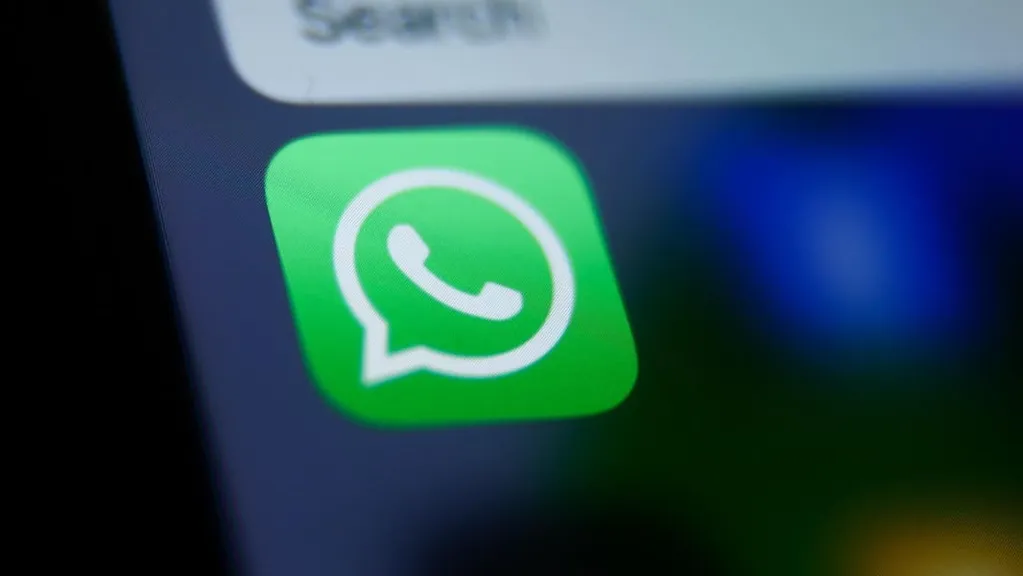Both Vembu and Zoho's leadership have embraced the "Swadeshi" (made-in-India) push with the company's founder even arguing that his company is the only one in the world positioned to take on Microsoft's suite of enterprise apps.
Dharmendra Pradhan, India's federal education minister, was among the first senior government figures to come out in support of switching to Arattai. In a post on X, Pradhan referred to Arattai as "free, easy-to-use, secure, safe and 'Made in India'" as he shared a download link to the messaging app. A few days later, a similar post was made by Piyush Goyal, India's commerce minister, who wrote on X: "Nothing beats the feeling of using a #Swadeshi product...My team and I are on board and are looking forward to also connecting with you here." India's Railway Minister Ashwini Vaishnaw and Home Minister Amit Shah, Modi's closest ally and the most powerful minister in his cabinet, have also endorsed Arattai.
While several ministers in his cabinet have endorsed Zoho and its suite of apps, including Arattai, Modi has not done so himself directly. However, in a televised speech last month, the prime minister said: "A lot of products we use daily are foreign-made, we just don't know ... we will have to get rid of them." He added: "We should buy products that are made in India." A month earlier, on India's Independence Day, he said: "I want our traders, shopkeepers to display boards for 'Swadeshi' products." While Modi never directly referenced the U.S. in his speeches the push for "swadeshi" has coincided with Trump's imposition of a 50% tariff on imports of Indian goods.
This is not the first instance of an Indian made app or platform that has seen a boost due to a push for self-reliance or a bid to boycott foreign-made platforms. In 2020, shortly after India and China's military clashed briefly along the two countries' mountainous borders in the Himalayas, New Delhi responded by banning several prominent Chinese-owned apps. The biggest of these was TikTok, which had more than 120 million monthly active users in the country at the time, making India its biggest market. A slew of clones like Moj and MX TakTak emerged soon after, attempting to fill the gap left by TikTok's exit, but after initial hype, neither managed to challenge foreign rivals like Meta's Instagram Reels and Google-owned YouTube Shorts. When a massive farmer's protest broke out in India in 2021, Twitter, now X, refused an Indian government order to restrict accounts belonging to Indian journalists, activists and politicians. Soon, several government agencies and prominent ministers joined Koo, a homegrown clone of Twitter, positioning it as an embrace of an Indian brand. However, the initial hype failed to materialize into success as the company, once valued at $300 million, shut down operations last year.
Sridhar Vembu and his siblings, who hold a majority stake in the private-owned Zoho, have an estimated combined net worth of $6 billion. This puts them 47th on Forbes' 2025 list of India's 100 richest people. Despite this, Vembu himself is technically not a billionaire as he personally owns only a 5% stake in Zoho, which in 2023 was estimated to be worth around $225 million. Vembu's sister Radha owns a 47.8% stake in Zoho; brother Sekar owns 35.2%. Vembu's estranged wife Pramila Srinivasan—who is embroiled in a divorce battle with him in the U.S.—has alleged he transferred ownership of the company to his siblings without telling her.
Arattai is a Tamil word that means casual conversations or banter with friends and family.
